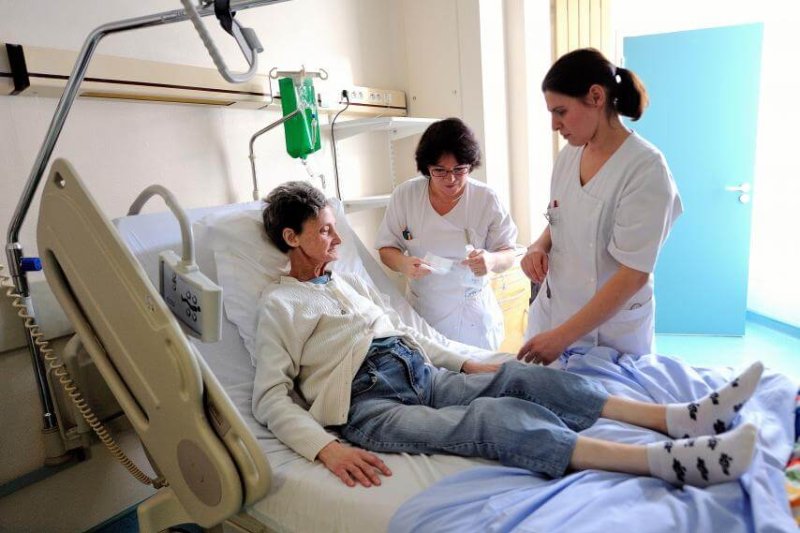Two new cancer treatments have shown miraculous cures, but if you happen to live in Arkansas or Montana, or a handful of other rural states—let alone outside the U.S.—you’ll have to travel hundreds of miles to get them. And it’s by no means certain that they’ll eventually be available everywhere.
These groundbreaking gene therapies, Kymriah and Yescarta, were approved last year in the U.S. Not only are they hugely expensive—Kymriah is $475,000 and Yescarta is $373,000 for a one-time treatment—but for now you can get them only in certain urban areas. We mapped those locations below.
…
As you can see, some of the biggest gaps are in rural states, where cancer already kills more people than it does in cities. That’s a problem because both therapies are given as a last resort when traditional cancer drugs have failed. By the time patients get Kymriah or Yescarta, they’re often very sick, so traveling long distances is hard and could delay treatment.
[Cancer Instutute director Peter Emanuel] says administering these therapies and managing potential side effects requires a large and specialized team of hospital workers, so it’s probably best—at least for now—that Kymriah and Yescarta are available only at hospitals with more resources.Read full, original post: Gene Therapy Could Make Cancer Care More Unequal, and This Map Shows Why































